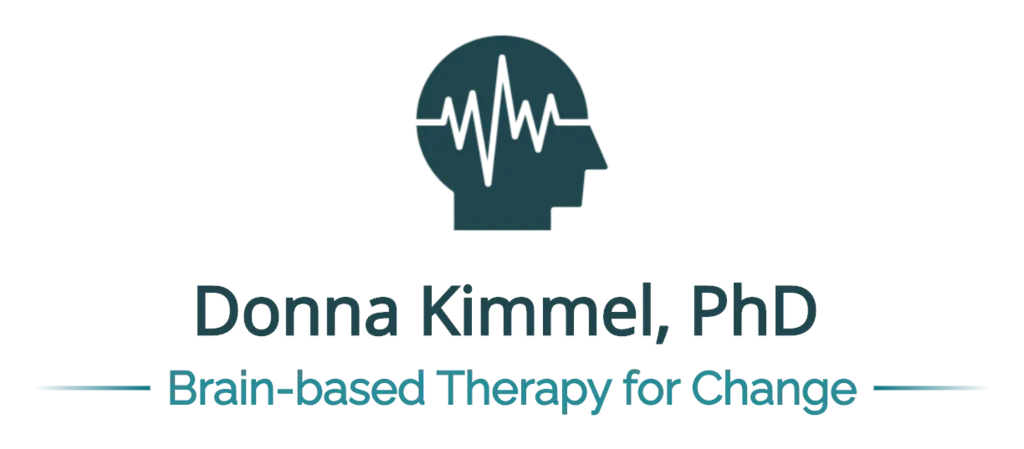Anxiety and Depression
Research reveals that three fundamental beliefs are fundamental to mind and body health:
1) a perception of personal control,
2) a perceived support system, and
3) the ability to down-regulate the stress response (not feeling threatened).
In anxiety and depression, those three beliefs are difficult for the brain to generate because specific brain areas, pathways and neurotransmitters aren’t strong enough. That means that strengthening certain parts of one’s brain is the key to reversing depression and anxiety as well as supporting overall health. Other parts of the one’s physiology may also be involved, but the necessary outcome is the same: what one believes to be true.
Brains, like any other part of the human body are influenced by heredity, environmental exposure, nutritional factors, learning from experience, injury and organic disease. And, fortunately, because it is responsive to what we choose to teach it, psychotherapy is an effective treatment for depression and anxiety.
Cognitive Behavioral Therapy (CBT), a method of psychotherapy that targets a person’s thoughts, feelings and behavior, reduces most depression and anxiety. However, in the initial stages of treatment, medication in addition to CBT is more effective than either method alone.
In CBT, therapists help clients develop new brain networks (ways of thinking, feeling and behaving) that focus on the pre-frontal cortex (PFC) of the brain – the part behind the eyes and forehead. The brain’s PFC is composed of areas known to finalize decision-making based on an assessment of benefit or loss. It’s where willpower and positive beliefs about one’s ability to influence events are generated. Deeper, more primitive and emotional parts of the brain have essentially overcome the PFC when depression and anxiety are diagnosed.
It takes effort, but usually in mild and moderate depression and anxiety, it is possible to train the brain’s PFC to withdraw power from the depression and anxiety generating parts of the brain. It does so by overcoming feelings of defeat and fear by developing a different point of view! I know that’s hard to believe, but that’s what successful therapy does; and so does medication for depression and anxiety. Therapy changes point of view by changes in thought; medication changes point of view by changing the balance of neurotransmitters. They both result in a change in point of view and behavior!
The most effortful part of changing point of view is in actually making the decision and committing oneself to strengthening the PFC. It takes a certain amount of courage (self confidence) to “risk” change of any sort. Medication, through neurotransmitter changes provides a “jump start” to the work of CBT. Taken together, you’ll get a research-based, effective, and efficient approach to feeling better.
